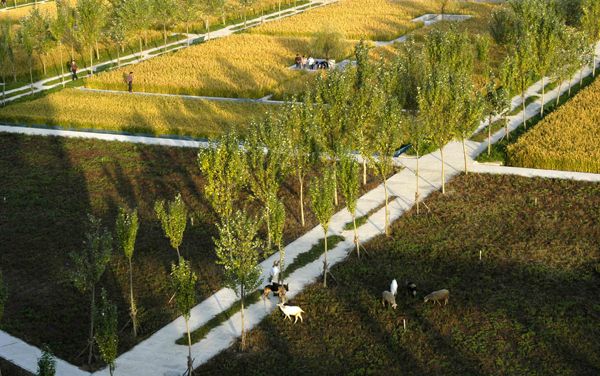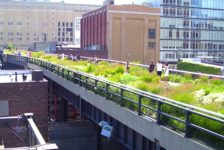A look at alternative career options for landscape architects exploring the diversity of disciplines that overlap into landscape architecture. Landscape architects have the wonderful opportunity to choose from a variety of professions. Different people have different skills. Therefore, it is really important for every specialist to find his perfect place in the field of landscaping. If you sincerely love what you do, you will become the most passionate, dedicated and satisfied expert of all. And if you become a great professional, you are most likely to become an admirable person, an absolute inspiration to the world. Finding your best career path is not an easy task. The clue to the riddle is the knowledge of all the chances and prospects that lie before you.
Here are 10 great career options for landscape architects:
1. Landscape Planner A landscape planner’s main function is to search for locations and analyze them in consideration of the existing ecological aspects and the possible environmental issues. Such specialists plan several project layouts and discuss them with the associate professionals. The respective layouts are not settled until the conclusion of the final project layout.
2. Landscape Assessor Landscape assessors estimate the positive and negative qualities of new landscaping projects. They study the existing environmental components, such as relief, infrastructure, waters, flora, as well as the possible long-term effect of the project on them. Thus, they explore whether certain projects should be accomplished or not. 3. Environmental Designer Environmental design involves multidisciplinary experts in the fields of urban planning, landscape architecture, and architecture. Environmental designers emphasize environmentally conscious techniques and materials in order to find the balance between functional and ecological demands when designing new constructions. 4. Residential Landscape Architect Residential landscape architecture is based on the respect for the environment and the need to create outdoor living spaces that highly improve clients’ lifestyles. Residential landscape architects design natural land areas in and around neighborhoods, houses, and other residential areas. They are concerned with some specific aspects of each project, such as the client, the site, the home, etc. 5. Nursery Grower Nursery growers cultivate trees, shrubs, and flowers for sale or use in parks and landscapes. They tend to plants throughout their growth by transplanting, pruning, watering, and fertilizing them, and can also interbreed plants. Some nursery growers own their small business, while others work for large nurseries that supply plants to garden centers or large landscaping companies. Related Articles:- 6 Surprising Tricks You Need to Know for a Site Visit
- 10 Practices Showing That “Sustainability” is More Than Just a Buzzword!
- 9 Facts About Landscape Architecture That You Didn’t Know!
6. Academic Career Theory and practice: Which one fits you best? If you are interested in research, administrative responsibilities, or teaching, an academic career path may be your perfect decision. As an academic, you will be expected to come up with ideas for original research, to gather information from relevant sources, to publish reports, etc. 7. Plant Pathologist Plant pathologists study plant organisms, plant diseases, and nutrition to maintain the health and beauty of vegetation. Pathologists work in university departments, government-funded research, or in the private sector. Their work may be conducted in labs or outside, in the natural plants’ habitat. Most briefly, they are the defenders of plants’ health.

Botany for Designers. Read our book review here!
- 1000 Details in Landscape Architecture: A Selection of the World’s Most Interesting Landscaping Elements by Francesc Mola
- Street Design: The Secret to Great Cities and Towns by John Massengale
Article by Velislava Valcheva Return to Homepage
Published in Blog













